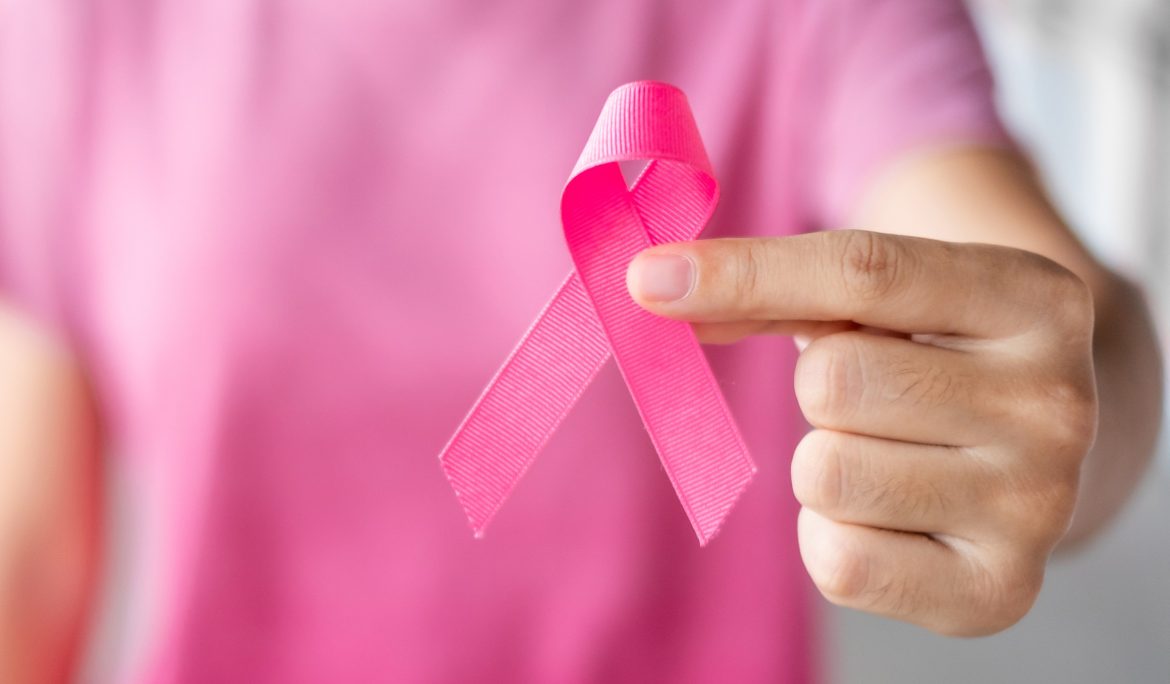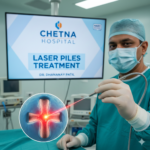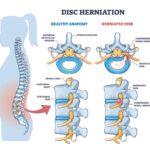Breast cancer is one of the most prevalent cancers, primarily affecting women but also occurring in men, though rare. It begins when breast cells grow abnormally and form a tumor. If left untreated, it can spread to other parts of the body, making early detection crucial for effective treatment and improved survival rates.
Symptoms and Warning Signs
Breast cancer often presents no symptoms in its early stages, making regular screening vital. However, certain signs can be warning signals. These include:
A lump or thickening in the breast or underarm
Changes in breast size, shape, or appearance
Skin dimpling or redness
Nipple discharge or inversion
Persistent pain in the breast or nipple area
While not all lumps are cancerous, any noticeable change should prompt a visit to a healthcare provider.
Risk Factors
Several factors increase the likelihood of developing breast cancer, though they do not guarantee the onset of the disease:
Genetics: Mutations in genes like BRCA1 and BRCA2 raise the risk significantly.
Family History: Having close relatives with breast cancer increases susceptibility.
Age: The risk grows as women age, particularly after 50.
Lifestyle: Obesity, alcohol consumption, and lack of physical activity can contribute.
Hormonal Factors: Prolonged exposure to estrogen, such as through hormone replacement therapy, can also elevate risk.
Importance of Screening and Early Detection
Regular screening, such as mammograms, remains one of the most effective tools for early detection. Women over 40 or those at high risk should discuss personalized screening plans with their healthcare providers. Early detection significantly improves survival rates, as treatments are more effective in the early stages.
Treatment Options
Breast cancer treatment depends on the type and stage but generally involves a combination of surgery, radiation, chemotherapy, hormone therapy, and targeted therapy. Recent advancements in personalized treatments, such as immunotherapy, have improved outcomes for many patients.
Prevention and Awareness
Though not all cases can be prevented, lifestyle changes can reduce the risk. Maintaining a healthy weight, limiting alcohol, staying physically active, and regular screenings play a crucial role. Spreading awareness about breast cancer and encouraging self-examinations can help more people detect the disease early.
By staying informed, undergoing routine check-ups, and adopting a healthy lifestyle, individuals can take proactive steps in reducing the risk of breast cancer and supporting early detection efforts.
For Consultation Contact us on 9168690447
Website – www.chetnahospital.co.in
Address – Chetna Hospital, Sambhajinagar, MIDC, G Block, Near Rotary Club, Chinchwad 411019
.
.
.
#hospital#pune#pcmc#chinchwad#health#healthcare#gynaecologist#femalegynaecologist#gynaecologistappointment#gynac#gynaecologistdoctor#gynaecologisthospital#goodgynaecologist#gynaecologistspecialist













